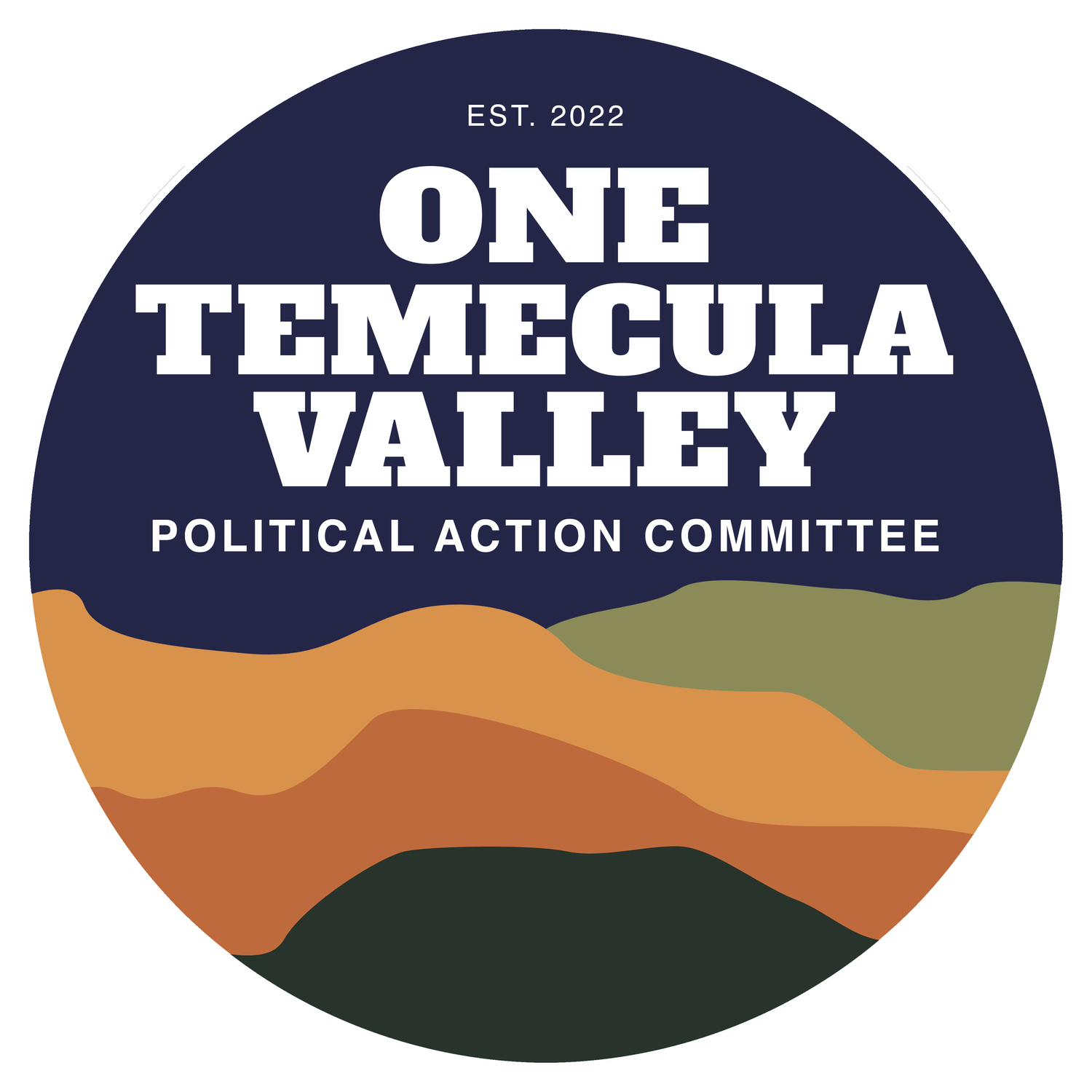How Extreme-Right Candidates Have Weaponized the ‘Woke’ Lie
AI-assisted content
In recent years, the term “woke” has become a rallying cry for extreme-right candidates seeking to stir division and fear. Originally used within Black communities to encourage social awareness and vigilance against injustice, “woke” has been twisted by far-right political actors into a caricature, synonymous with an imagined liberal overreach. By weaponizing this term, extreme-right candidates have manufactured a culture war that distracts from genuine issues, sows division, and undermines the ability of local governments like school boards and city councils to focus on the real needs of their communities.
The Origins and Distortion of "Woke"
The term “woke” emerged as a call for awareness and social justice, particularly around systemic racism, economic inequality, and other entrenched injustices. Over time, it gained broader cultural significance as a shorthand for being informed and empathetic about societal inequities.
However, the extreme-right has distorted this term into a pejorative catch-all for anything associated with progressivism. In their narrative, “woke” is framed as a threat to traditional values, a bogeyman used to rally support among their base. This manipulation of language is not just a political strategy—it’s a deliberate attempt to shift focus from meaningful policy debates to cultural grievances.
How "Woke" Is Used to Manipulate Local Elections
Extreme-right candidates have effectively used the “woke” label as a cudgel against opponents and institutions they dislike, particularly in local school board and city council races. They target curricula, policies, and community initiatives with false claims that these efforts are part of a “woke agenda.” Here’s how this plays out:
Targeting Education:
School boards are often at the forefront of these attacks. Extreme-right candidates claim that schools are indoctrinating children with “woke ideology,” citing issues like critical race theory (CRT), LGBTQ+ inclusion, or even mental health resources.
The reality is that CRT is not taught in K-12 schools and inclusive policies aim to create safe environments for all students. But these candidates exploit misunderstandings to manufacture outrage and gain political traction.
Demonizing Public Institutions:
Libraries, public health departments, and other local institutions are accused of promoting a “woke agenda” for adopting inclusive practices or addressing systemic issues like poverty and inequality.
For example, diversity initiatives or efforts to make government services accessible to marginalized groups are framed as ideological overreach rather than steps toward equity.
Polarizing Communities:
The term “woke” is wielded to polarize communities, creating an “us versus them” mentality. Extreme-right candidates claim they are protecting “real Americans” from liberal elites, positioning themselves as defenders of traditional values against supposed cultural decay.
The Consequences of the "Woke" Lie
By pushing the “woke” lie, extreme-right candidates achieve short-term political gains at the expense of long-term community well-being. The consequences of their actions are far-reaching and damaging:
Erosion of Public Trust:
Constant fearmongering erodes trust in public institutions like schools, libraries, and city governments. Residents begin to view these institutions as ideologically driven rather than focused on serving the community.
Divisive Rhetoric:
Communities become fractured as neighbors, educators, and officials are pitted against one another. Civil discourse is replaced by hostility, making collaboration and progress nearly impossible.
Distracting from Real Issues:
While extreme-right candidates focus on fighting imaginary “woke agendas,” pressing local issues like underfunded schools, crumbling infrastructure, and housing shortages go unaddressed.
Hindering Inclusivity:
Efforts to create more equitable communities are stalled or reversed. Policies that ensure equal opportunities and protections for marginalized groups are demonized, leaving vulnerable populations without adequate support.
Why the "Woke" Lie Persists
The extreme-right’s focus on “woke” is not accidental—it’s a calculated strategy. By stoking cultural fears, they energize their base, distract from their lack of substantive policy solutions, and deflect accountability. The media’s amplification of these narratives further fuels their spread, making it difficult for the truth to break through.
A Call to Action: Rejecting the "Woke" Lie
To counter the harm caused by the “woke” lie, communities must demand better from their leaders and themselves. Here are some steps to take:
Educate Voters:
Voters need to understand the facts about issues like critical race theory, LGBTQ+ inclusion, and diversity initiatives. Public awareness campaigns and fact-based discussions can dispel myths and prevent manipulation.
Focus on Local Issues:
Candidates and community members should prioritize tangible issues like education quality, public safety, and economic development over culture wars manufactured for political gain.
Hold Leaders Accountable:
Elect leaders who are committed to transparency, inclusivity, and evidence-based policymaking. Reject candidates who use fear and misinformation to divide communities.
Promote Civil Discourse:
Encourage respectful dialogue within communities. By fostering understanding and empathy, residents can resist polarization and work together to solve local problems.
The extreme-right’s weaponization of the term “woke” is a dangerous and divisive tactic that undermines the effectiveness of local governance. By focusing on manufactured cultural grievances, these candidates distract from real issues, erode public trust, and polarize communities. To move forward, residents must reject the fearmongering and demand leaders who prioritize the needs of their communities over ideological battles. Local governance should be a platform for collaboration and progress—not a stage for partisan theatrics.


